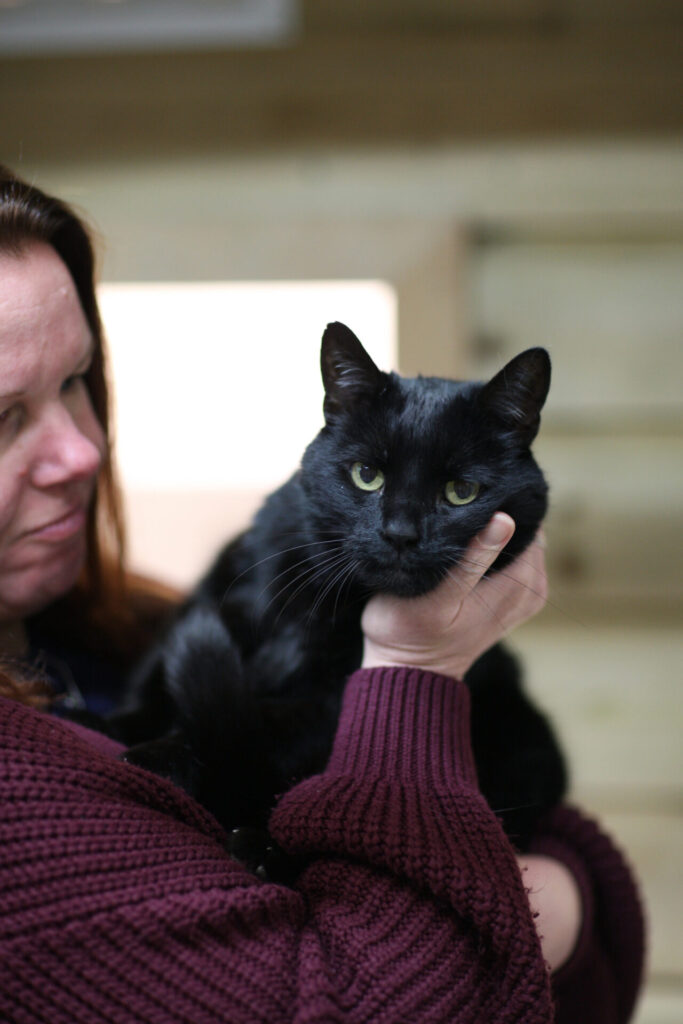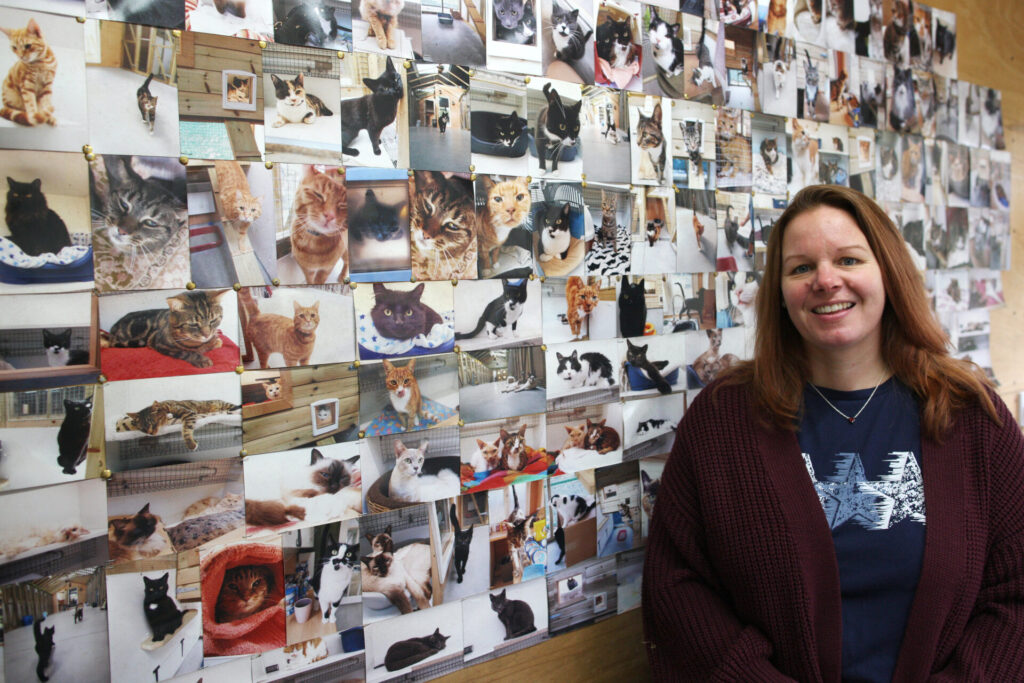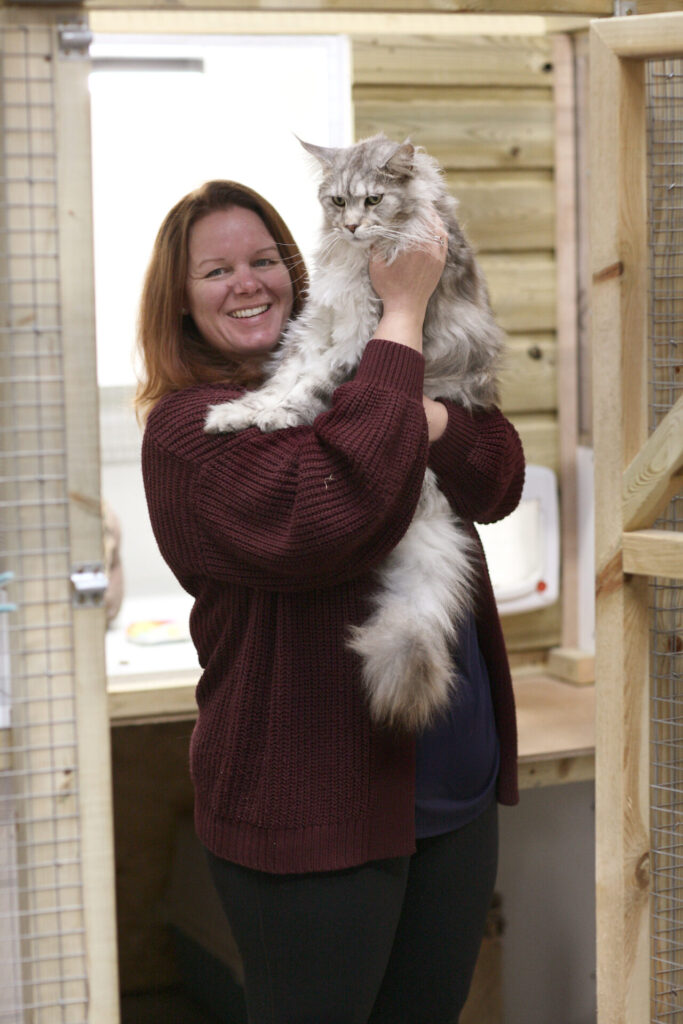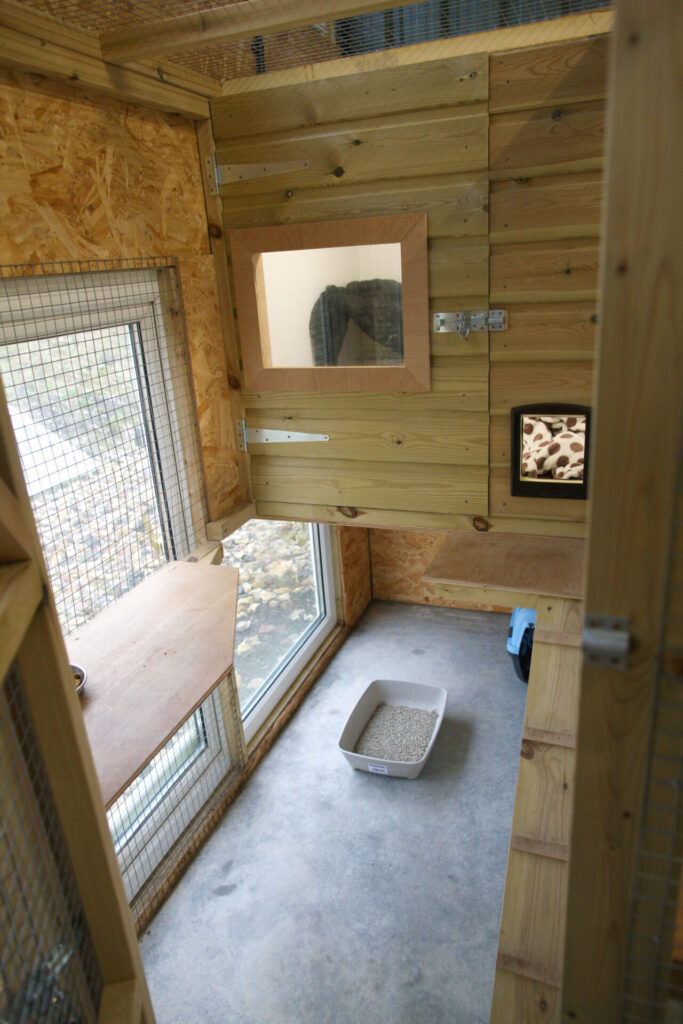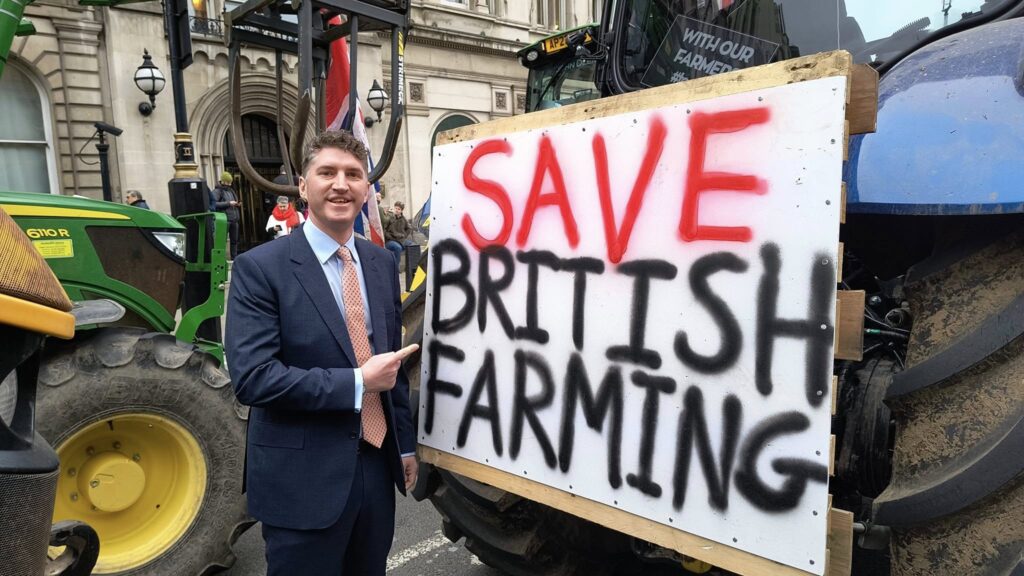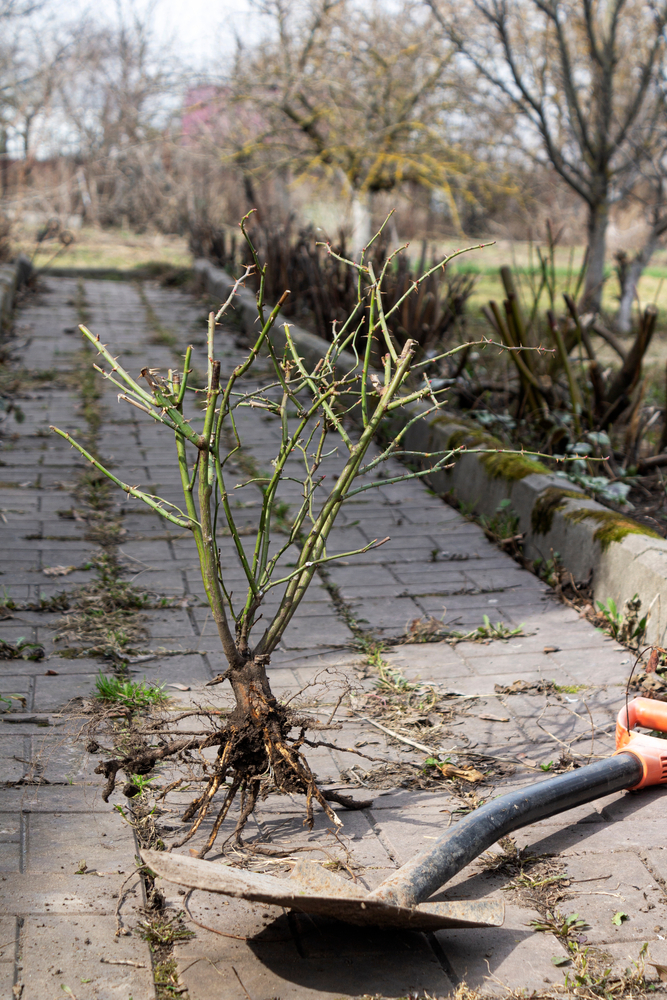
Within the 200 items on display as part of the MED’s I Grew Up 90’s exhibition, curator Rob Gray says that two items stand out to him more than any of others – and not for their cute or cuddly dispositions.
The first is the Tamagotchi, the virtual pet that you could nurture and grow. However, neglect of said virtual pet could lead to its demise and ultimate death – they taught a deliciously harsh lesson in electronic mortality.
The other is the Furby: again, not for its cute and cuddly appearance but for the ridiculous fact the United States spy agency, National Security Agency (NSA) thought they were covert spies and banned them from their premises in the 1990s..
Who said the 1990’s were dull?
Tamagotchi comeback
The egg-shaped toy housing a virtual pet was one of the biggest crazes of the 1990s – and it is back!
A Tamagotchi is a virtual pet: you raise it, feed it, clean up after it and play games with it, all while carrying it with you. Invented by Aki Maita and Akihiro Yokoi in 1996, Japanese manufacturer Bandai created these digital toys, targeting a primarily teenage audience. They were launched in the UK in 1997, and quickly became a craze. Every 90s kid had their own Tamagotchi, with so many different pets to collect.
Global sales have continued to rise. As of June 2023, more than 91 million units have been sold worldwide. Tamagotchi has now opened its first shop in the UK – something it didn’t do even when it was 1997’s hottest gadget.
Unsurprisingly, the modern Tamagotchi isn’t the same as the 1990s version. It looks the same – a bright coloured egg with a small digital screen and buttons – but the actual toy has much more functionality, allowing Wi-Fi connection and the ability to download items.

The Furby Spy conspiracyFurby was an American electronic robotic toy by Tiger Electronics. Originally released in 1998, it resembled a hamster or owl-like creature and became the must-have toy at Christmas that year. More than 40 million Furbies were sold in the first three years, and its speech was translated into 14 languages.Furbies were the first successful attempt to produce and sell a domestically-aimed robot. A newly purchased Furby starts out speaking Furbish, the unique language that all Furbies speak, but is programmed to start speaking English words and phrases in place of Furbish over time. This process was intended to resemble the process of learning English.Furbies came pre-programmed with 700 to 800 words. While they only spoke their native language (Furbish) straight out of the box, more interactions would unlock more real words.On January 13, 1999, it was reported the National Security Agency (NSA) of the United States banned Furbies from entering NSA’s property due to concerns that they may be used to record and repeat classified information, advising staff should they see any on NSA property to contact their Security Officer for guidance.It was thought within the NSA that Furbies had an artificial intelligence chip that could “learn” from things the user said. The NSA theorised that if employees discussed confidential information around the toys, that information could later be repeated. Roger Shiffman, the owner of Tiger Electronics, stated that ‘Furby has absolutely no ability to do any recording whatsoever,’ and that he would have gladly told the NSA this if they had bothered to take the time to ask him!
IGU90s exhibition at Museum of East Dorset runs until 29th March 2025. One admission ticket gives you annual access to Wimborne’s award-winning museum.
museumofeastdorset.co.uk
Sponsored by Wessex Internet














